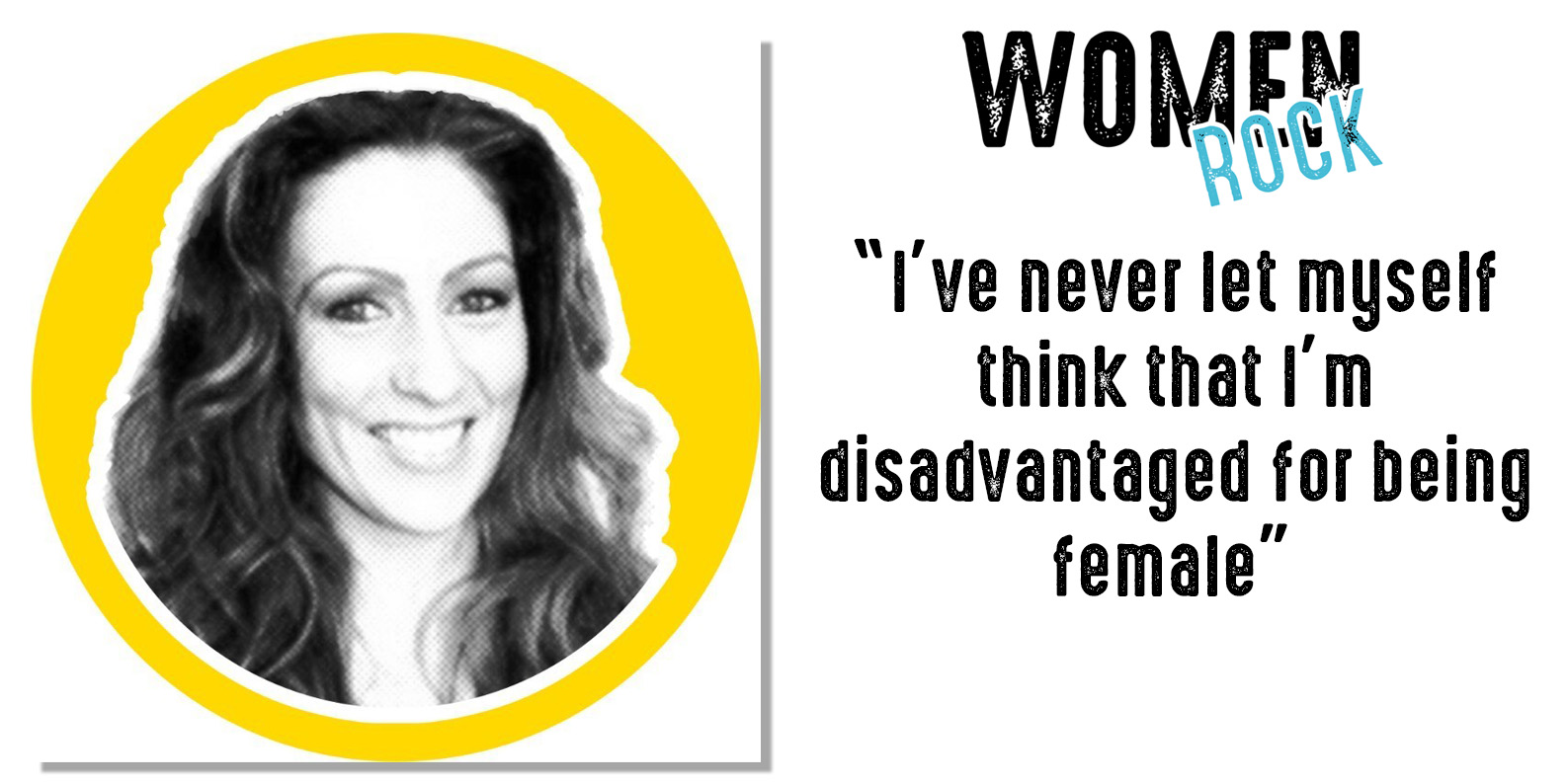
LORAINE KIELY | RAINMAKER SOLUTIONS
Who’s up for a heavy dose of inspiration this morning?
“I’ve never let myself think that I’m disadvantaged for being female” – simple but extremely effective words from this week’s blog guest Loraine Kiely, Director of Culture and Strategic Projects at Rainmaker Solutions. Both creative and technically driven, Loraine created her own path into the world of tech helping to digitise an interior design business – and hasn’t looked back since. Loraine’s story really shows that a focused and positive attitude and a strong mindset can really get you to where you want to be – especially when faced with strong hierarchical cultures and male-dominated environments.
HEY LORAINE! THANKS FOR SHARING YOUR STORY WITH US. LET’S START AT THE BEGINNING – HOW DID YOU FIRST GET INTO THE TECH INDUSTRY?
When I had to choose what I wanted to do at university, I went for where the jobs would be. Business information systems (coding) very quickly became something I didn’t want to do, so I went into interior design. I’m very creative, but also very technical and process-orientated. I ended up working for an interior design business that needed digitisation. The role required a balance of both creative and process-orientated approaches. It took me a while to figure out the need for creative and technical/logical balance, so in the end, I created my own path. I don’t really think about myself being a “woman” in tech – I’m just a tech professional who tries to do her job well.
WHAT CHALLENGES HAVE YOU FACED IN THE INDUSTRY?
I was once part of a very hierarchical culture – I was managed in a way that wasn’t allowing me to get the outcomes that were needed. I had to push against that management style to get the outcomes but in a respectable way that didn’t clash with the culture and established structure. I had to be careful about how I did that. I based everything on facts, and having good insights – keeping the emotions out of it and maintaining calm in all of the conversations. I’ve never let myself think that I’m disadvantaged for being female. I’ve always believed I was good at what I did and deserved to be where I am. I’ve had support from a lot of strong female leaders, but I appreciate that isn’t always the case, and that it isn’t always so straightforward for others. I’ve been really lucky in that respect and acknowledge that. I don’t allow myself to have the mindset of being targeted or disadvantaged. I was doing the job as well as (if not better) than everyone else. I just kept pushing and refused to take NO for an answer.
HIGHLIGHT OF YOUR CAREER SO FAR?
I’d say the highlight of my career is getting to a point where I’ve proven myself enough that people give me the autonomy to go and get the job done. Not having to always actively apply for roles because people I’d worked with before would seek me out or recommend me, demonstrating that I’ve built a solid reputation that I can be proud of. In previous roles, I was shadow-supporting leaders with data and information, which led to me being trusted and having the autonomy to get the job done in any way I saw fit, allowing me to capitalise on my creative nature. This means a lot to me because it means I’ve got it right and found an effective solution. Being appreciated for my effort and being rewarded with trust and autonomy makes all the hard work worth it. This is the foundation for tangible external results – it all begins with trust.
WHAT ADVICE WOULD YOU GIVE TO OTHERS WHO WANT TO GO INTO THE SAME CAREER?
Gain insights, do your research, and come up with a solution that everyone can understand. It’s ok not to be pigeon-holed or boxed in – allow yourself to be more fluid and allow lateral thinking. Don’t let people force you into something you’re not comfortable with.
WHAT AREA OF D&I ARE YOU MOST PASSIONATE ABOUT AND WHY?
I can’t pick just one – race, sexuality, gender, accessibility/disability, they’re all important and worth addressing. It’s just not right that there isn’t equality. Keeping the conversation strictly gender-based isn’t telling the full story. Break down the defensiveness and have open conversations about all areas of D&I, not just one.
WHAT AREA OF D&I DO YOU FEEL IS MOST UNDERREPRESENTED AND WHAT DO YOU THINK THE INDUSTRY COULD DO TO CHANGE THAT?
I think Race, Gender, and the LGBTQ has a lot of media coverage. But “physical disability” doesn’t have people constantly in the media educating people. I believe the quietest voice in the room is for the physical disability minority. People that have disabilities don’t have a choice – and it’s something they have to deal with every day, often even just for simple tasks. I believe shedding some light on this would require society to approach the conversation openly – don’t point the finger or throw stones as this doesn’t actually solve the problem. Have the conversations and focus on education. Come with solutions, not problems.
FAVOURITE MANTRA/QUOTE YOU LIVE BY?
Love is love!
Thanks, Loraine, you ROCK!
Interview by Andrew Delsol






